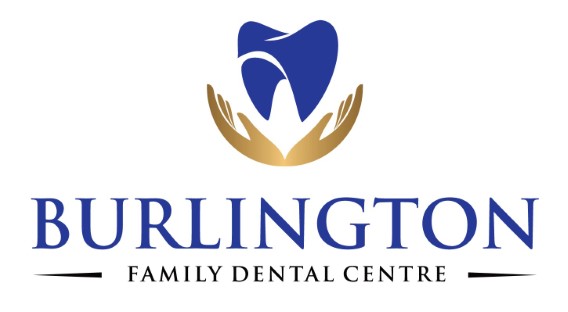How much of the root canal treatment is covered depends on your dental plan. Some plans cover 80%, which means you are responsible for $20 out of pocket for every $100 in dental fees.
What happens if you don’t get a needed root canal?
Root canal therapy is the last resort to save an infected tooth from extraction.
Dentists try to keep natural teeth in the mouth instead of removing them whenever possible. A root canal helps prevent any short term and long term consequences of missing teeth. Root canal treatment can be a great way to preserve a damaged tooth when feasible.
If your dentist determines you need a root canal, then it’s critical to get surgery as quickly as possible, as the infection can spread from the tooth to the jaw and, in severe cases, to the sinuses and even beyond.
Moreover, while the price of root canal treatment is not negligible, it is still lower than getting an extraction and a denture or implant.
Not all dentists offer root canal Burlington. And some that do may refer out to an endodontist (specialist) if the case is too complicated. If you are referred out, in most cases, you will require at least two sessions. One (by an endodontist) for root canal treatment, and the other (by your dentist) to extract the artificial filling and replace it with a crown.
Root canal surgery expenses vary greatly depending on where you reside in Burlington. For most people, finding out how much does root canal treatment cost is very important.
An employment perk or private insurance plan may provide some help. If you do have a plan, double-check it. For “major dental” procedures like root canal surgery or other dental trauma, the amount it covers depends on the plan and the company you are with. The dental office can help you with that as well if they offer a complimentary benefits check like we do.
How to reduce root canal costs
The crown portion of the root canal may or may not be covered by your plan. If not, there are a couple of ways to reduce that cost:
- A Health Spending Account (HSA) allows small company owners in Canada to transform some charges into a pre-tax expenditure through their organization. This can save you more of your money. An HSA is a tax-free benefit available to individuals, self-employed entrepreneurs, and small companies with two or more workers.
- If you are not a small company owner, you might be able to submit these charges under the Medical Expense Tax Credit (METC). It’s a non-refundable government subsidy that you can claim on your tax return. When medical expenses are reimbursed by an insurance plan, only the portion not reimbursed can be claimed.
All you have to do is call us for free, friendly advice and we will gladly walk you through your benefits options.

Trackbacks/Pingbacks